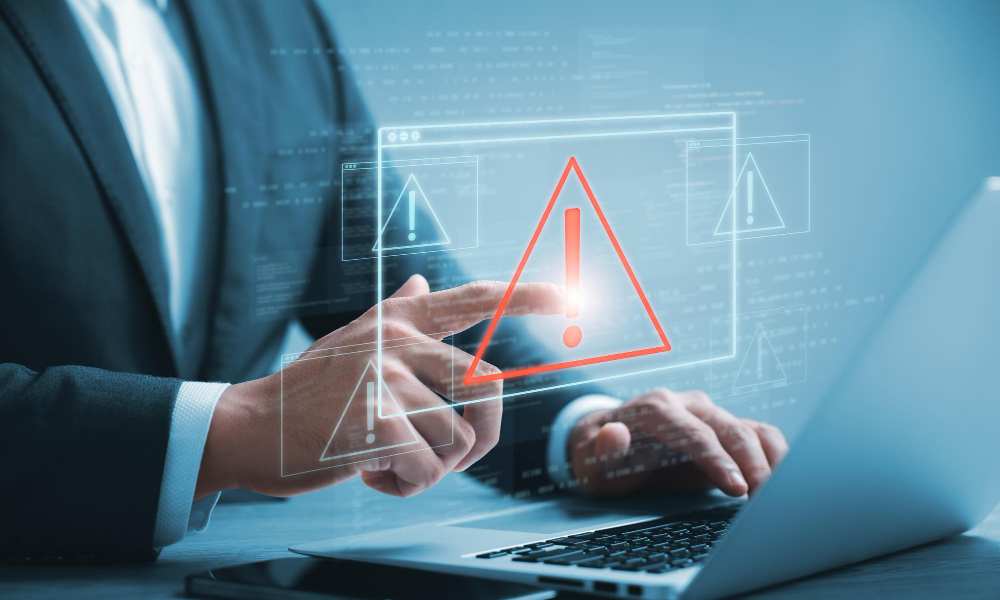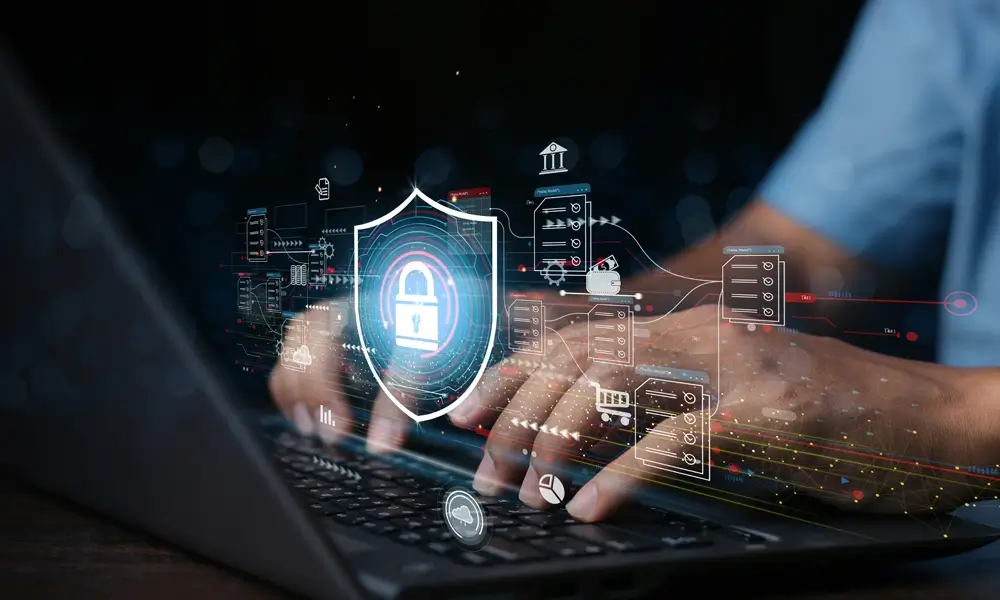No business is immune to risks, which may arise in different contexts: economic crises, regulatory changes, operational failures, cyberattacks, human errors and even natural disasters. What differentiates resilient companies from those that face greater difficulties is not the absence of risks, but the ability to identify, evaluate, and manage them in a strategic way. It is at this point that the risk management becomes indispensable to guarantee the continuity, credibility, and sustainable growth of organizations.

Risks are part of any business activity. Recognizing this reality allows us to adopt a proactive stance rather than a reactive one. Risk management does not completely eliminate risks, but it reduces their impacts and strengthens the company's resilience. This practice protects against financial losses and, at the same time, helps to preserve reputation, optimize processes, and maintain a competitive advantage in increasingly challenging markets.
Types of risks and their scope
It is a mistake to believe that risks are limited only to the financial area. In reality, it is necessary to consider operational, regulatory, legal, environmental, technological, reputational, and strategic risks. A wide view allows business risk analysis be more complete and efficient. Furthermore, risk management should not be the responsibility of top leadership alone. The engagement of all sectors and employees is essential to create a solid risk management culture, built collectively.
Internal processes and fraud prevention
To clearly identify risks, it is necessary to understand internal processes in detail. The absence of controls, poorly defined flows, and unclear policies favor errors and losses. In this context, fraud prevention stands out as a strategic part of risk management. Robust controls, auditing systems, and constant monitoring not only reduce vulnerabilities, but also reinforce transparency and trust with customers and business partners.
Assessment and response plan
Not all risks carry the same weight. Assessing the probability of occurrence and the impact they may generate, whether financial, operational or reputational, is essential to define priorities. In addition, having a structured response plan can significantly reduce harm. When a risk materializes, the difference is in how the company reacts. Assigning clear responsibilities, ensuring efficient communication, and implementing quick actions are measures that prevent a problem from turning into a crisis.
Compliance and technology as allies
Legal and regulatory risks deserve special attention. Compliance with regulations and regulations is an integral part of good risk management. In addition to avoiding fines and sanctions, compliance strengthens the company's image in the market.
Technology has also become an essential pillar. Softwares of risk management they allow you to monitor indicators, automate controls, record events and issue alerts in real time. These features increase efficiency and reduce human error. Independent audits complement this process, evaluating whether the controls are in fact working and revealing points of improvement that could go unnoticed.
An ongoing and strategic process
Risk management should not be seen as exclusive to large corporations. Small and medium-sized businesses can also benefit from this process. More than creating a plan and leaving it aside, it is essential to review, update and monitor it continuously, following the evolution of the business and changes in the external environment.
In an increasingly dynamic and uncertain business scenario, being prepared to deal with unforeseen events is essential. Protecting financial, human, technological, and reputational assets requires discipline and strategic vision. Investing in a structured approach to risk management, that integrates fraud prevention And a complete business risk analysis, it's not just a way to avoid losses. It's also a smart strategy to ensure sustainable growth and build a solid and reliable brand in the market.
Enhance the security and growth of your business
Don't expect risks to turn into crises. Invest in a structured risk management plan, focusing on fraud prevention and business risk analysis, and ensure more trust, resilience, and sustainable growth for your company.
Talk to our experts and discover how to protect the future of your business.





